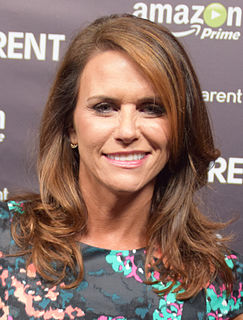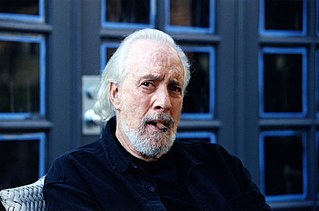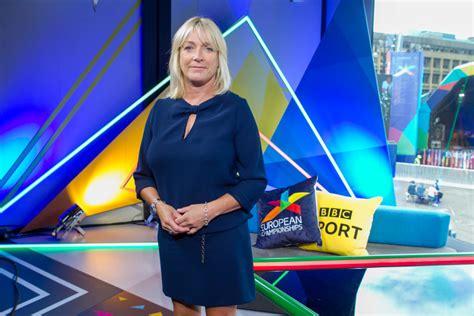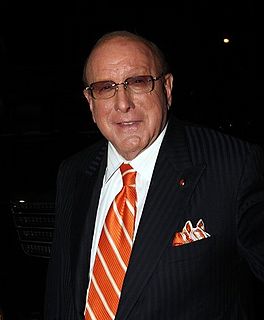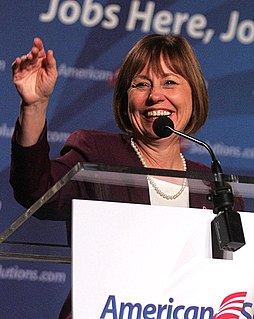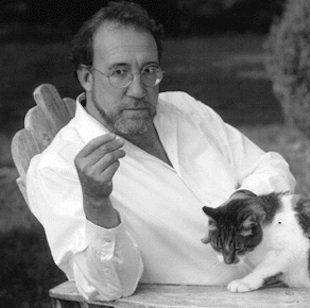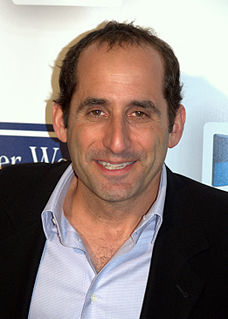A Quote by Michael Connelly
As a reporter, you develop an ear for dialogue because it's your job to capture it accurately.
Related Quotes
I didn't go to university. They offered me a job as a junior reporter and I went off to work for the Southern Reporter. They sent me to college to do my NCTJ, which is a professional exam for journalists, and I started work as a print journalist purely because I was just a pest. They couldn't think of anything other than giving me a job to stop me hanging around.
People ask me, "What are you going to do to develop jobs in your state?" Well, that's not my job as a US senator to bring industry to the state. That's the lieutenant governor's job, that's your state senators' and assemblymen's job. That's your secretary of state's job, to make a climate in the state that says, 'Y'all come.'
A police reporter walks into the worst moment in someone's life on every single story that he covers. It's not like being a sports reporter. That's a great job and all that and takes certain skills. But, you know, they're glad to see you when you show up to cover the football game. Nobody is ever glad to see a police reporter when he shows up.
When we did the first 'Uncharted,' we weren't able to capture the audio with the performances. We would go back and do A.D.R. - Automated Dialogue Replacement - in which you would hear yourself and then repeat your line. Even when we were doing that, there was a slight disconnect because you were trying to recreate a performance.

